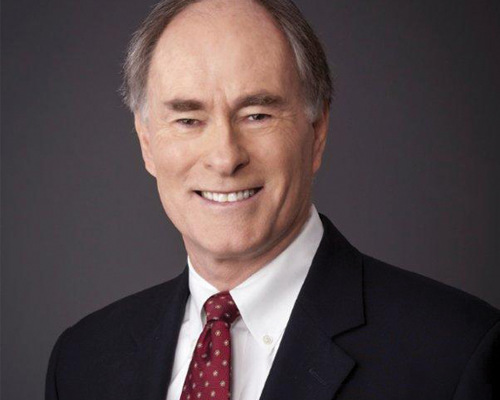The nation's 2,700 YMCAs respond to critical social needs by drawing on their collective strength as one of the nation's largest not-for-profit community service organizations. Today's YMCAs serve 10,000 communities and 21,000,000 children and adults, through 250,000 staff and 560,000 volunteers.
Nicoll earned a bachelor's degree in history from Eastern Nazarene College (Quincy, Massachusetts), master's degree in education from Springfield College, and management certificates from Clark University and the Harvard Business School.
Nicoll currently serves as a Trustee of Springfield College, Trustee of America's Promise Alliance, and as a member of the Board of Directors of the Chicagoland Chamber of Commerce, and Independent Sector. He is a Leadership 18 member, a member of the Institute of Medicine Standing Committee on Childhood Obesity Prevention, a steering committee member of ChildObesity180, and a past board member of the National Assembly.
What are the accomplishments you are most proud of?
- The YMCA's efforts to make our childcare programs the healthiest in the nation by fully adopting the HEPA standards.
- The current plan to implement new and more uniform child safety standards.
- That the YMCAs across the nation provide safe, affordable quality childcare to 750,000 children each year.
Where do you see the field in ten years?
As the afterschool field continues to lift up impact through research-based practices and intentional programming, it will be recognized as the significant child/youth development partner in each community. Families, schools, and other community entities will recognize the value of strong, impactful afterschool programs and provide quality afterschool for all kids.
What are the biggest opportunities for the afterschool industry?
- Telling our story of impact as well as continuing to provide research in all developmental domains about the impact of afterschool programs in the lives of children/youth and their families.
- Partnerships with other organizations, working together for collective impact in achievement for youth and communities.
- Making a difference in the areas of healthy eating/physical activity and social/emotional learning—both of which are foundational for all other learning and development.
- We have an opportunity to learn from the strong history the field has in afterschool programming for children and build more and better afterschool programs for middle school and teen youth that support and guide them throughout their developmental years to and beyond college.
What are the biggest challenges facing afterschool?
Lack of understanding about the impact of quality afterschool and the breadth of the field, which includes before-school, afterschool, school breaks, and, in some cases weekends—when we include youth sports and other classes and clubs. This means that many times, afterschool providers have more time with children than schools do and may have a bigger impact. Other challenges include state and federal funding sources being unstable; unemployment leading to children not accessing afterschool when families believe it's just needed if parents aren't home; and misalignment of goals between the school and the afterschool program. Finally, it is a huge challenge to translate research into practice throughout the field in a consistent manner, due to unstable staffing and funding structures.
What makes an afterschool program successful?
Guidance and resources, for program development and continual assessment and improvement; strong partners; adherence to research-based standards; and well-qualified and committed staff and leaders who understand the multiple strategies needed to enhance the lives of all children, including understanding multiple learning styles, cultural competencies, and commitment to inclusion.
Edited by Amy L Charles, editorial director of AfterSchool Today magazine, the Official Publication of the National AfterSchool Association.

